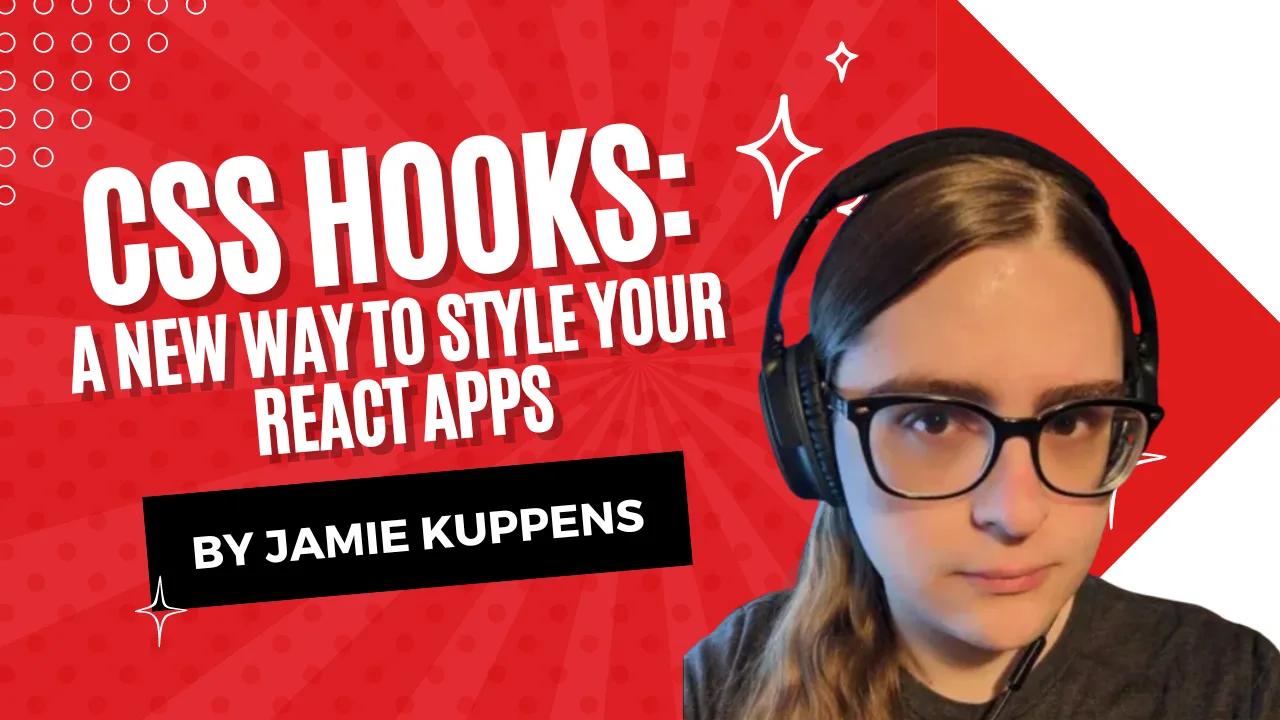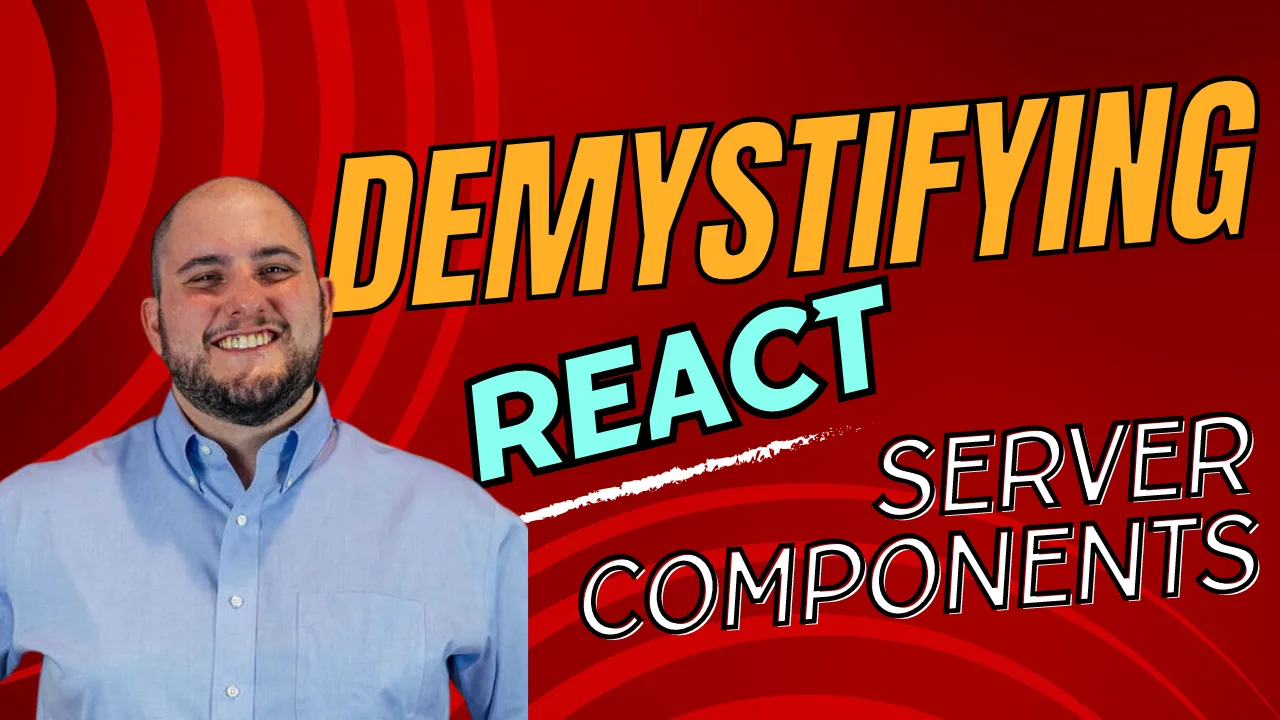Developer Insights
Join millions of viewers! Our engineers craft human-written articles solving real-world problems weekly. Enjoy fresh technical content and numerous interviews featuring modern web advancements with industry leaders and open-source authors.

Vercel & React Native - A New Era of Mobile Development?
With Fernando Rojo (creator of Solito) now leading mobile at Vercel, this article explores how Solito streamlines Next.js, React Native, and Expo for shared navigation, monorepos, and cross-platform components....
Apr 4, 2025
6 mins

Remix's evolution to a Vite plugin
As Remix evolves into a Vite plugin, the story of React Router continues, promising exciting developments in the React Server Components era....
Jul 10, 2024
4 mins

Communication Between Client Components in Next.js
Describing different strategies for communication between client components in Next.js....
Jun 21, 2024
5 mins

Why is My React Reducer Called Twice and What the Heck is a Pure Function?
A short dive into an interesting issue we faced in a recent project: our React reducer was being called twice, causing unexpected behavior....
Jun 14, 2024
3 mins

React Conf 2024 Review
A new era of React kicks off with groundbreaking announcements and innovations—catch up on all the highlights!...
Jun 5, 2024
6 mins

Improving INP in React and Next.js
A follow-up article on the new Core Web Vital INP outlining some techniques to improve your INP score in Next.js and React....
Apr 19, 2024
5 mins

How to test React custom hooks and components with Vitest
In this guide, we'll navigate through the process of testing React hooks and components using Vitest—a powerful JavaScript unit testing framework. Discover how Vitest simplifies testing setups...
Mar 15, 2024
5 mins

CSS Hooks: A new way to style your React apps
With the rise of CSS in JS libraries like Material UI and Chakra, developers have started creating dynamic and reusable styles using JavaScript; however, the performance implications of these libraries have led to the exploration of alternative solutions....
Feb 28, 2024
5 mins

Next.js Route Groups
Learn how to organize and optimize your application routing with ease. Say goodbye to messy routes and hello to a more intuitive and maintainable structure with the new Next.js Group Routes!...
Feb 7, 2024
6 mins

Demystifying React Server Components
React Server Components (RSCs) are the latest addition to the React ecosystem, and they've caused a bit of a disruption to how we think about React....
Feb 2, 2024
9 mins

Deploying Multiple Apps From a Monorepo to GitHub Pages
Explore deploying multiple front-end applications on GitHub Pages with our guide. Learn how to navigate the challenges of client-side routing and efficiently manage multiple apps in one repository....
Jan 24, 2024
4 mins

Building interactive forms with TanStack Form
Discover the power of TanStack Form, a new headless form library that simplifies building complex, interactive forms....
Jan 12, 2024
5 mins
Let's innovate together!
We're ready to be your trusted technical partners in your digital innovation journey.
Whether it's modernization or custom software solutions, our team of experts can guide you through best practices and how to build scalable, performant software that lasts.